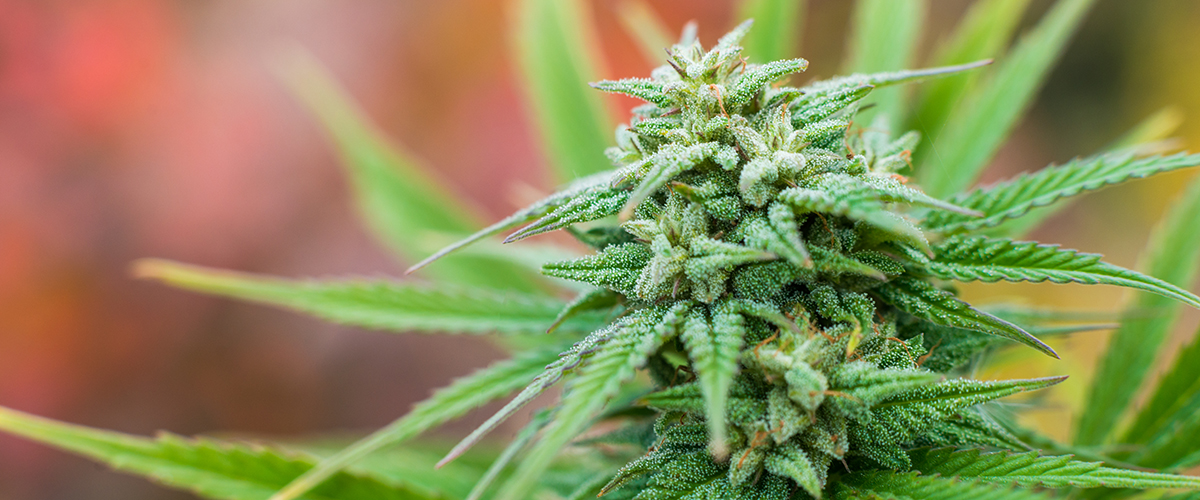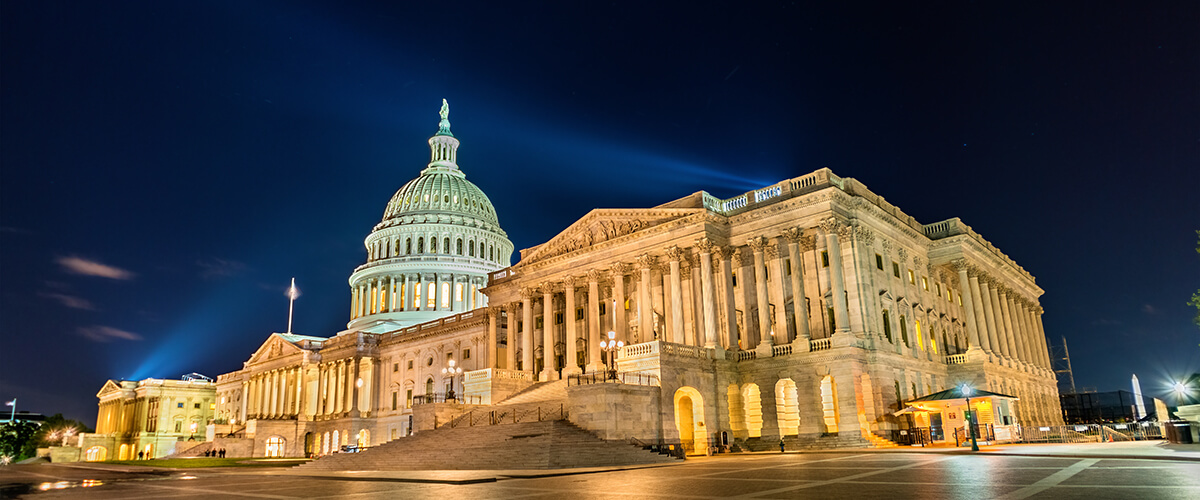The bill removes marijuana from the Controlled Substances Act, legalizing it at the federal level.
Sen. Cory Booker (D-NJ) on Thursday reintroduced a new version of the Marijuana Justice Act, a bill that would legalize marijuana on the federal level while incentivizing states to address the harms prohibition has had on marginalized communities.
“The War on Drugs has not been a war on drugs, it’s been a war on people, and disproportionately people of color and low-income individuals,” said Booker in a press release. “The Marijuana Justice Act seeks to reverse decades of this unfair, unjust, and failed policy by removing marijuana from the list of controlled substances and making it legal at the federal level.”
In addition to removing marijuana from the Drug Enforcement Agency’s Schedule of Controlled Substances, the Marijuana Justice Act is intended to combat the disproportionate effects of marijuana criminalization on people of color by implementing remedies to mass incarceration and creating funding to invest in communities most impacted by prohibition.
“But it’s not enough to simply decriminalize marijuana. We must also repair the damage caused by reinvesting in those communities that have been most harmed by the War on Drugs,” Booker added. “And we must expunge the records of those who have served their time. The end we seek is not just legalization, it’s justice.”
Booker, who has intensely focused on marijuana law reform throughout his career, originally introduced the marijuana legalization bill in 2017 but it failed to progress further. This year’s Marijuana Justice Act has already garnered support from several Democratic lawmakers, including Sens. Ron Wyden (D-OR), Kamala Harris (D-CA), Kirsten Gillibrand (D-NY), Bernie Sanders (I-VT), Jeff Merkley (D-OR), Elizabeth Warren (D-MA), and Michael Bennet (D-CO), who have signed on as co-sponsors.
Reps. Barbara Lee (D-CA) and Ro Khanna (D-CA) have introduced a House version of the bill.
“Communities of color and low-income communities have been devastated by the War on Drugs,” said Lee. “As Co-Chair of the Congressional Cannabis Caucus, I’m proud to sponsor legislation that would legalize marijuana at the federal level, address the disproportionate impact of prohibition on people of color by expunging criminal convictions, and promote equitable participation in the legal marijuana industry by investing in the communities hardest hit by the failed War on Drugs.”

A Closer Look at the Marijuana Justice Act of 2019
The Marijuana Justice Act of 2019 would do the following:
- Remove marijuana from the list of controlled substances, making it legal under federal law.
- Incentivize states deemed to have discriminatory arrest and incarceration rates to legalize marijuana through federal funds.
- Automatically expunge federal marijuana use and possession convictions.
- Permit those serving federal time for a cannabis-related conviction to petition for a resentencing.
- Use funds withheld from states with discriminatory arrest and incarceration rates to create a community reinvestment fund supporting communities most impacted by the failed War on Drugs. The money goes to job training, reentry services, conviction expungement reimbursements, public libraries, community centers, youth programs, and health programs.
The new Marijuana Justice Act contains the same language as the original one filed by Booker in 2017, with the exception that the community reinvestment fund covers fiscal years 2020 through 2042.
Marijuana Law in the U.S.
Marijuana is currently illegal under federal law, classified as a Schedule I substance under the Controlled Substances Act. Despite federal prohibition, 32 states have passed their own policies legalizing marijuana in some capacity.
You can learn more about current cannabis laws in the U.S. through our education page, and keep up with state and federal marijuana laws as they evolve by regularly visiting our news page.






